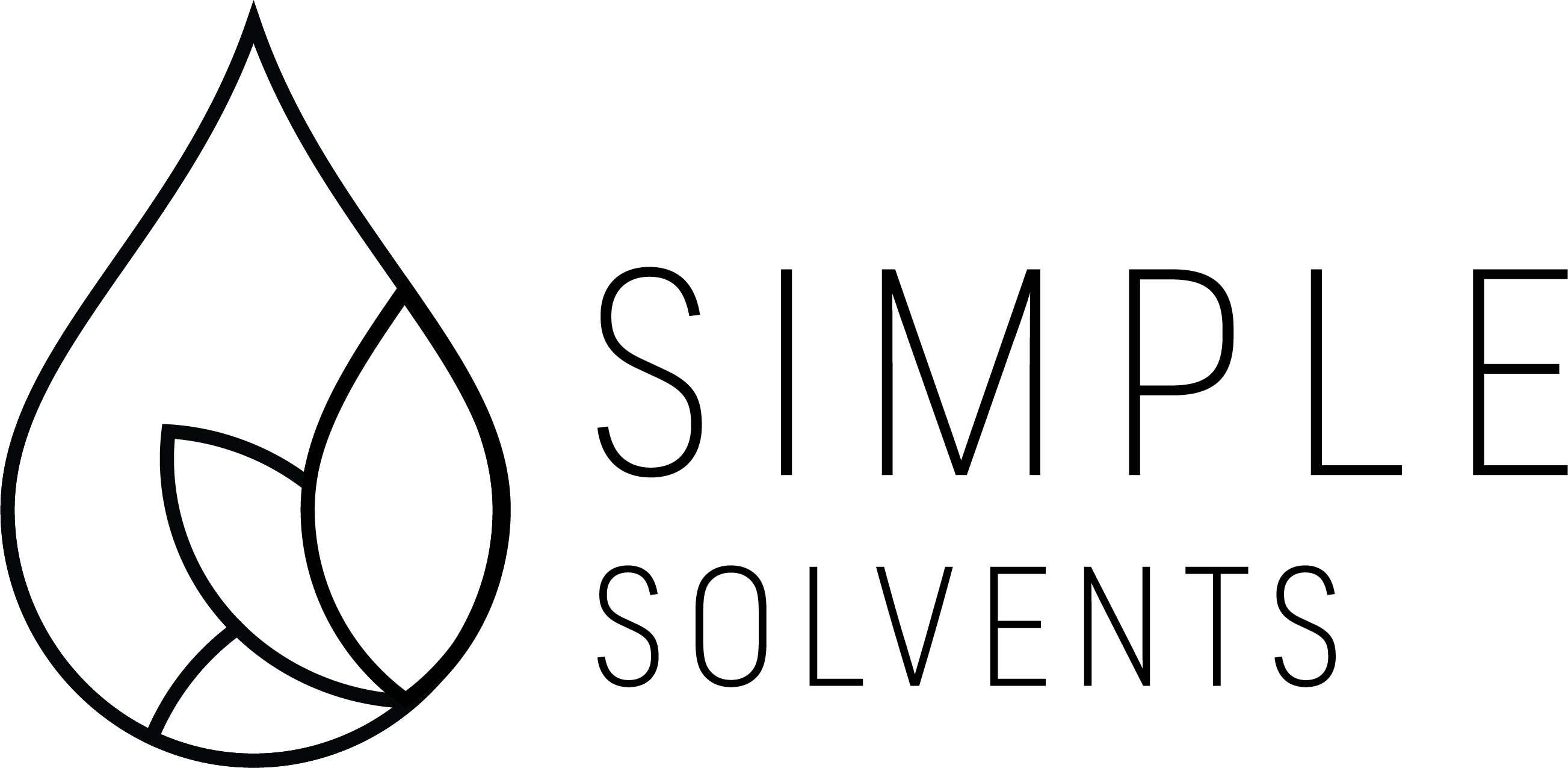Industrial Solvents & Common Uses

Understanding Industrial Solvents & Common Uses
Understanding industrial solvents & common uses is important as there are chemical compounds that are widely used in various industrial processes for their unique properties. These compounds are essential components in many industrial processes, and they play a vital role in the production of goods that people use every day.
Understanding industrial solvents & common uses is essential and will help anyone involved in the manufacturing industry.

What Are Solvents?
Solvents are chemical compounds that are used to dissolve, suspend, or extract other substances. These compounds are typically liquid or gaseous, and they can dissolve or mix with other substances, such as oils, waxes, and pigments.
They are essential in many manufacturing processes, from pharmaceuticals to paints and coatings.
Types of Industrial Solvents & Common Uses
There are several types of industrial solvents chemicals products, each with its unique properties and uses. Below are some of the common types:
- Hydrocarbons: Hydrocarbons are a type of industrial solvent that is derived from petroleum. These solvents are used in the production of paints, coatings, and adhesives.
- Alcohols: Alcohols are another type of industrial solvent that is commonly used in the manufacturing industry. These solvents are used in the production of pharmaceuticals, cosmetics, and cleaning products.
- Glycols: Glycols are a type of industrial solvent commonly used in the production of antifreeze, solvents, and other industrial products.
- Esters: Esters are a type of industrial solvent commonly used in perfumes, flavors, and other consumer products.
- Ketones: Ketones are a type of industrial solvent commonly used in paints, coatings, and adhesives.
Industrial Solvents & Common Uses
Solvents are used in a wide range of manufacturing processes. Below are some of the common uses of solvents:
- Cleaning: Solvents are used in the cleaning industry for their ability to dissolve and remove dirt and grime from surfaces. Solvents like acetone and isopropyl alcohol are widely used in the cleaning industry.
- Painting and Coatings: Solvents are used in the production of paints, coatings, and varnishes. Solvents such as toluene and xylene are commonly used in paints and coatings.
- Pharmaceuticals: Solvents are used in the production of pharmaceuticals for their ability to dissolve and extract ingredients from plants and other natural sources.
- Adhesives: Solvents are used in the production of adhesives and glues. Solvents like acetone and ethyl acetate are commonly used in the production of adhesives.
- Printing: Solvents are used in the printing industry for their ability to dissolve and mix ink pigments. Solvents such as ethanol and methanol are commonly used in the printing industry.
Safety Considerations
Solvents can be hazardous if not handled correctly. Many solvents are flammable and should be stored and handled properly to avoid fire.
Some solvents can also be toxic if inhaled or ingested. It is essential to follow proper safety procedures when working with solvents, including wearing protective gear and working in a well-ventilated area. Some additional things to consider around Industrial Solvents from the TTB can be found by clicking here.
Conclusion
Solvents play a crucial role in many manufacturing processes, and understanding their properties and uses is essential for anyone involved in the manufacturing industry. There are several types of solvents, each with their unique properties and uses.
From cleaning to painting and coatings, solvents are utilized in a wide array of applications. It is essential to follow proper safety procedures when working with solvents to avoid any potential hazards.
Try 200-proof alcohol from Simple Solvents and experience the purest pharmaceutical-grade ethanols and solvents on the market.
Our customers can attest to the purity of our products, which are perfect for industrial manufacturing and home extraction hobbyists. Try Simple Solvents today and experience the difference for yourself!
